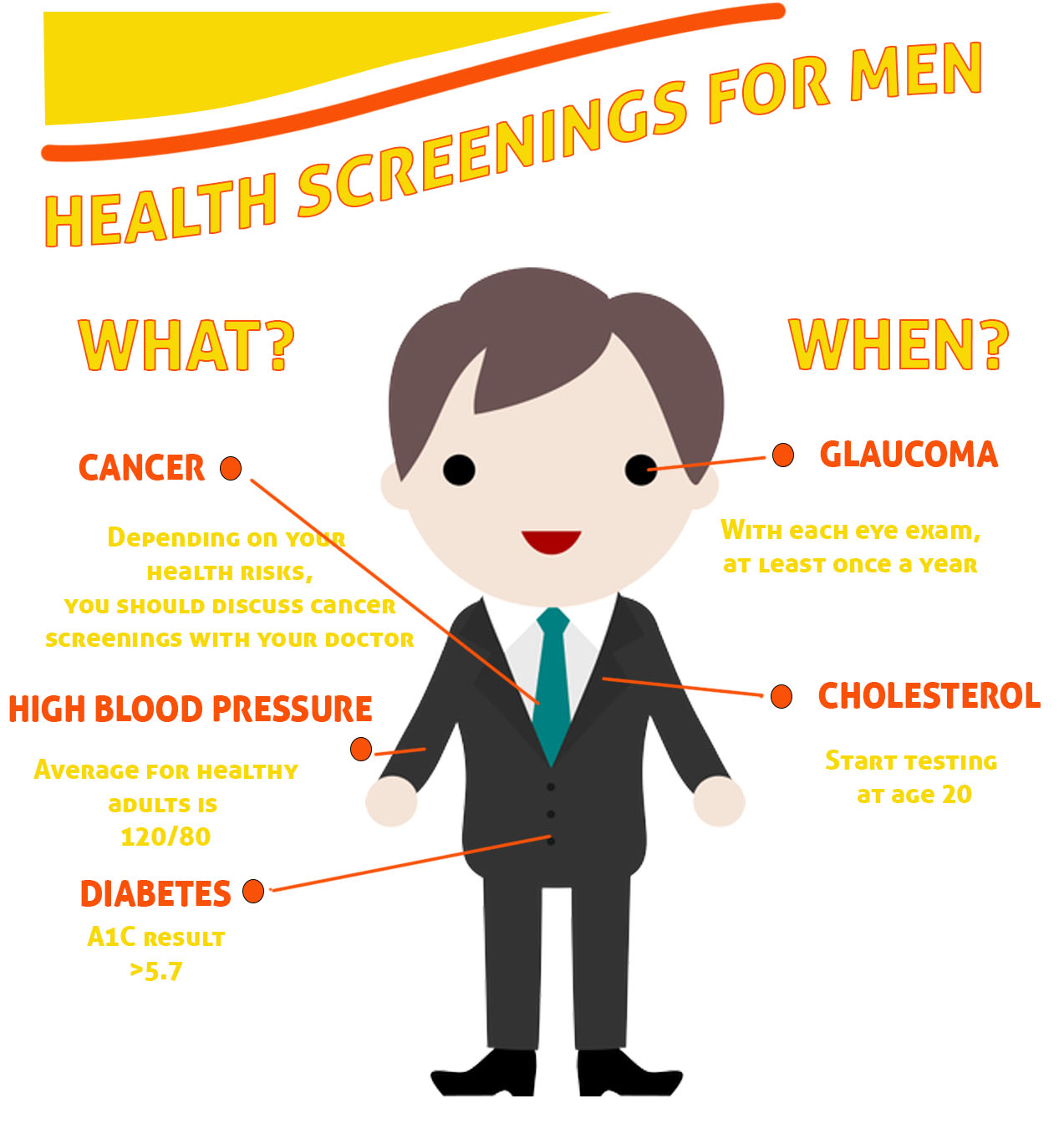
Healing Our Heroes
May 25, 2023
Is It Simple Sunburn—Or Do I Need A Doctor?
July 18, 2023by Susannah Wollman
There is one thing all dads have in common: they are all human. That means that their human bodies need upkeep to stay healthy! We’ve gathered information on the top five health tests that help your dad keep ahead of any problems and resolve issues before they become life threatening.
If you are a dad, you need to read this to yourself. If you have a dad, you need to read this to him!
Ready? Read on…

Why get health screenings?
One of the very best things a man can do for his health is get regular screenings. These tests can identify potential problems and give you (and your doctor) the information to prevent issues or treat those that may be already there. Timing is essential for treating many conditions, and the sooner you know about them, the sooner you can get on the road to recovery.
Which tests you need depend on several factors, including your age. Check out the infographic at the end of this article for that.
1) Cancer Screenings
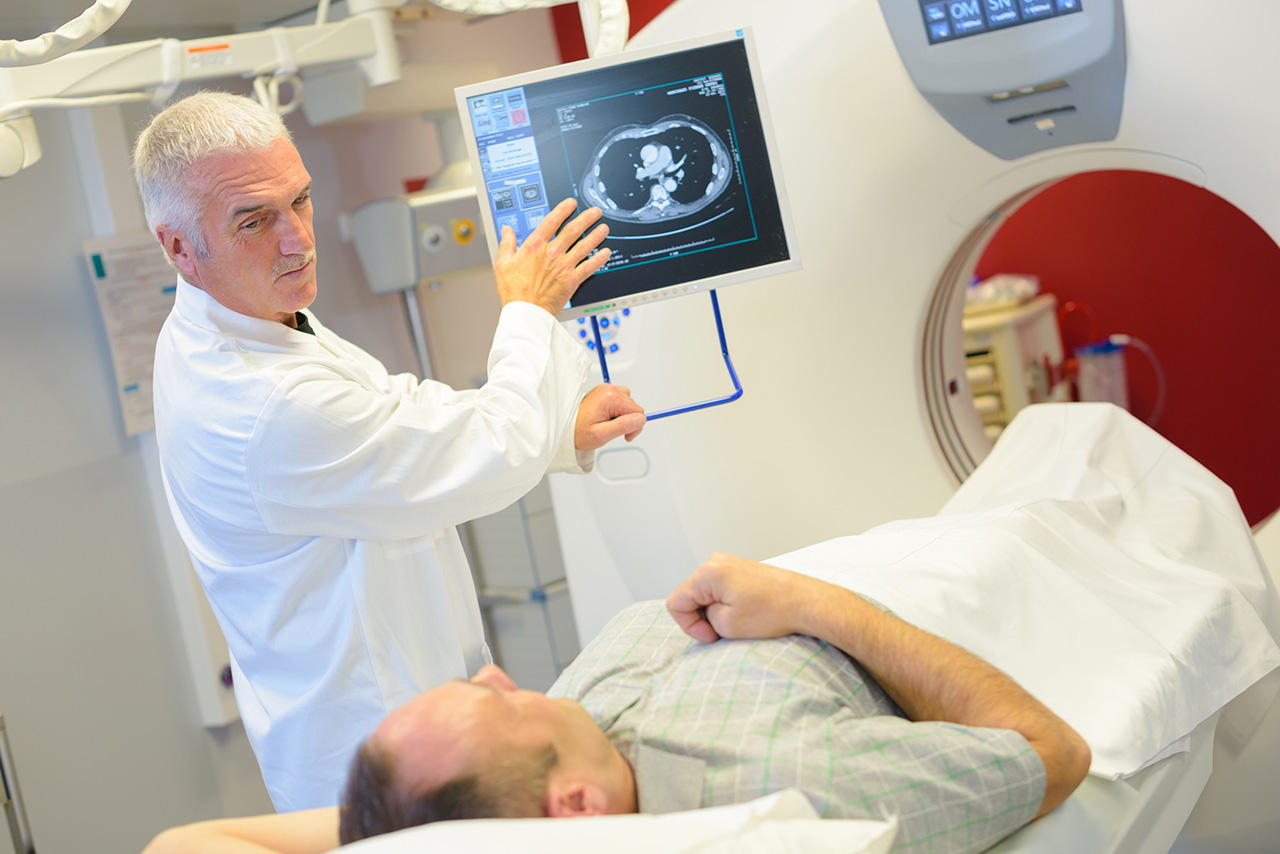
Lung Cancer
You may think that you aren’t at risk for lung cancer because you don’t smoke. Actually, that’s not true. Lung cancer is the leading cause of death from cancer in the United States. Even if you aren’t a smoker and haven’t been exposed to a lot of secondhand smoke, you could still get lung cancer. Of course, not smoking and avoiding secondhand smoke is the best way to prevent it, but get screened anyway. If you don’t suspect it, lung cancer can grow into a stage that is harder to treat, so the sooner you know, the better.
How is the screening done?
Your doctor will order a low-dose CT scan called a LDCT, a type of X-ray that takes pictures of your lungs. This text is recommended if you’re between 55 and 80 years old and have a history of heavy smoking. It’s also recommended if you quit smoking in the past 15 years.
Prostate Cancer
After skin cancer, prostate cancer is the most common cancer for men in America. Typically slow-growing, some types are more aggressive.
How is the screening done?
Your doctor will perform a digital rectal exam (DRE) and also a prostate specific antigen (PSA) blood test. This is one test that government guidelines recommend against as a routine test. Talk to your doctor about the risks and benefits of PSA testing. The American Cancer Society recommends that you start talking to your doctor about screening for prostate cancer at:
50 if you are at average risk
35 if you are at high risk (including African Americans)
40 if you have a strong family history of prostate cancer
Colorectal Cancer
This screening is recommended for both men and women. When polyps grow on the inner surface of the colon, it is important to find them and remove them before they turn cancerous.
How is the screening done?
Unless you are at high risk, most screenings don’t start until you are 50 years old. Your doctor uses a thin tube and a tiny camera to screen the whole colon. This procedure is called a colonoscopy, and is done under sedation. The doctor can remove polyps during the procedure. There are other methods of screening, but if polyps are detected, a colonoscopy will be necessary to remove them.
Skin Cancer
If you have had a lot of sun exposure or like to tan, skin cancer screening is very important. The most dangerous type of skin cancer is called melanoma. There are several types, but all need to be treated.
How is the screening done?
This screening starts at home with you checking your skin regularly for any changes, including the shape, color, and size of moles and other marks on your skin. When you have a regular checkup, make sure your doctor checks your skin as well. A dermatologist is specially trained to recognize problems. The earlier skin cancer is found, the more effective are the treatments.
2) Blood Pressure
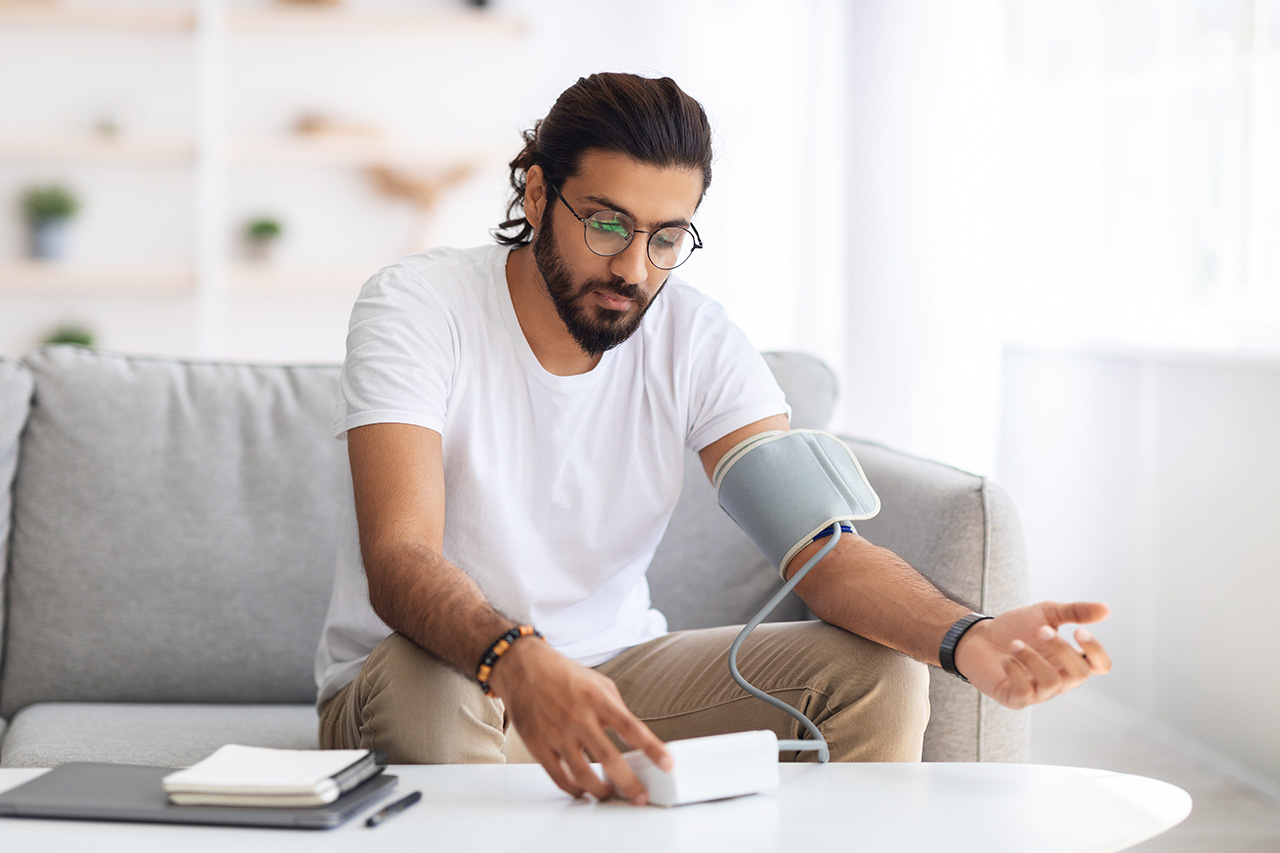
High blood pressure (hypertension) is quite common among men and women both. Your chances of getting HBP depend a lot on your age, weight, and lifestyle. This is one condition that is easily treatable, although it may take a trial and error period to find the medication that works best for you. Merely changing your diet and exercise routine can greatly affect your blood pressure. Getting your blood pressure under control may help you avoid heart disease, stroke, and kidney failure. Unfortunately, many people have high blood pressure and don’t even know it.
How is the screening done?
You have undoubtedly had this screening many times. Each time you visit your doctor, he or she will take your blood pressure reading with a cuff. It is painless, quick, and non-invasive. This is one screening you can do at home.
3) Cholesterol Levels
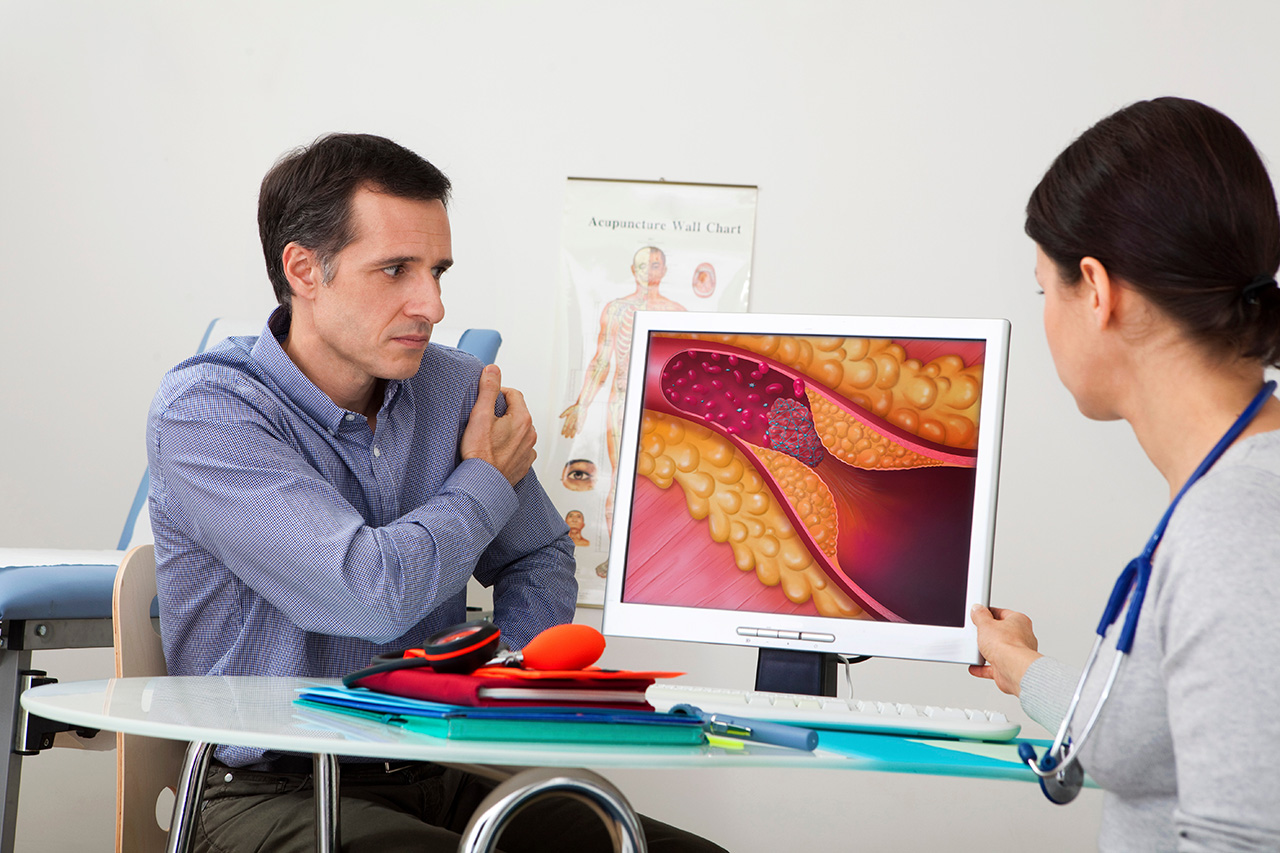
Plaque can build up in the walls of your arteries if your blood contains too much LDL cholesterol. This increases your risks of heart disease and overtime it can lead to heart attack and stroke. Simple lifestyle changes and medications can lower your LDL levels and make you healthier.
How is the screening done?
Your doctor can perform a blood test that checks your levels of total cholesterol, LDL (bad) cholesterol, HDL (good) cholesterol, and triglycerides (another type of blood fat). You will probably have to fast for several hours before blood is drawn for the test.
4) Type 2 Diabetes

Amazingly, one-third of people with this serious disease don’t know they have it. Left uncontrolled, diabetes can lead to heart disease, stroke, kidney disease, blindness, nerve damage, and impotence. When diabetes is found early, though, it can be controlled with diet, exercise, weight loss, and medication.
How is the screening done?
The most often used test for diabetes is a fasting plasma glucose test. The A1C test checks how well your body controls sugar over time. It is often done as part of a regular, yearly health check up starting at age 45. If you have high cholesterol or high blood pressure, your doctor may recommend starting testing earlier and more often.
5) Glaucoma
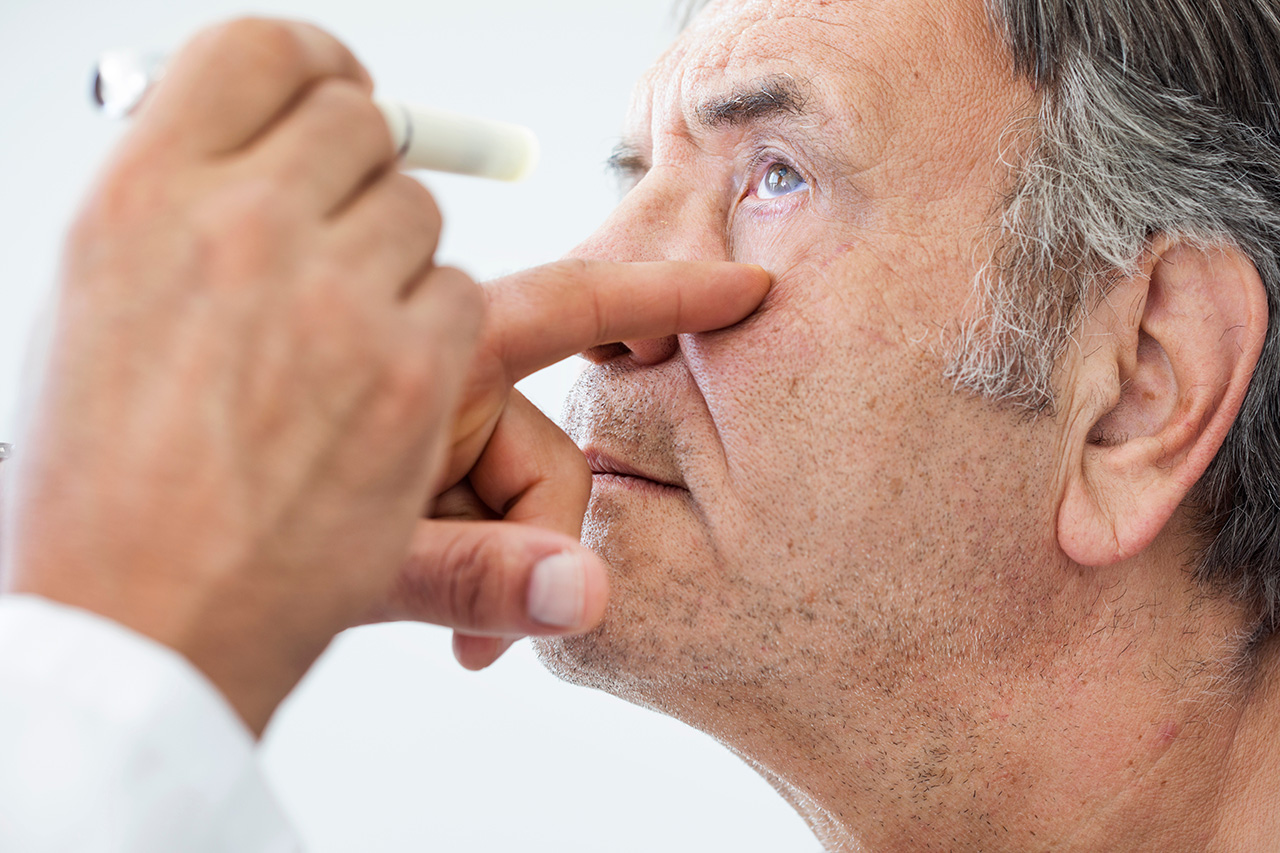
Glaucoma is not one, but a group of eye diseases that damage the optic nerve and can lead to blindness. It is important to recognize glaucoma before it can damage the optic nerve.
How is the screening done?
Depending on your age and personal risk, your eye doctor may suggest screening every 6 months or four years. The older you are, the more often you should be checked for glaucoma. The pressure in your eyes is checked after numbing drops are put into your eyes.

If you are a dad, take these suggestions and discuss them with your doctor. If you are a woman or child in a man’s life, ask him to read this with you and see what his doctor has to say.
One thing that medical science has determined to be true for all people, is that the love of people in our lives can lead to a longer, healthier life. So go hug your dad!
